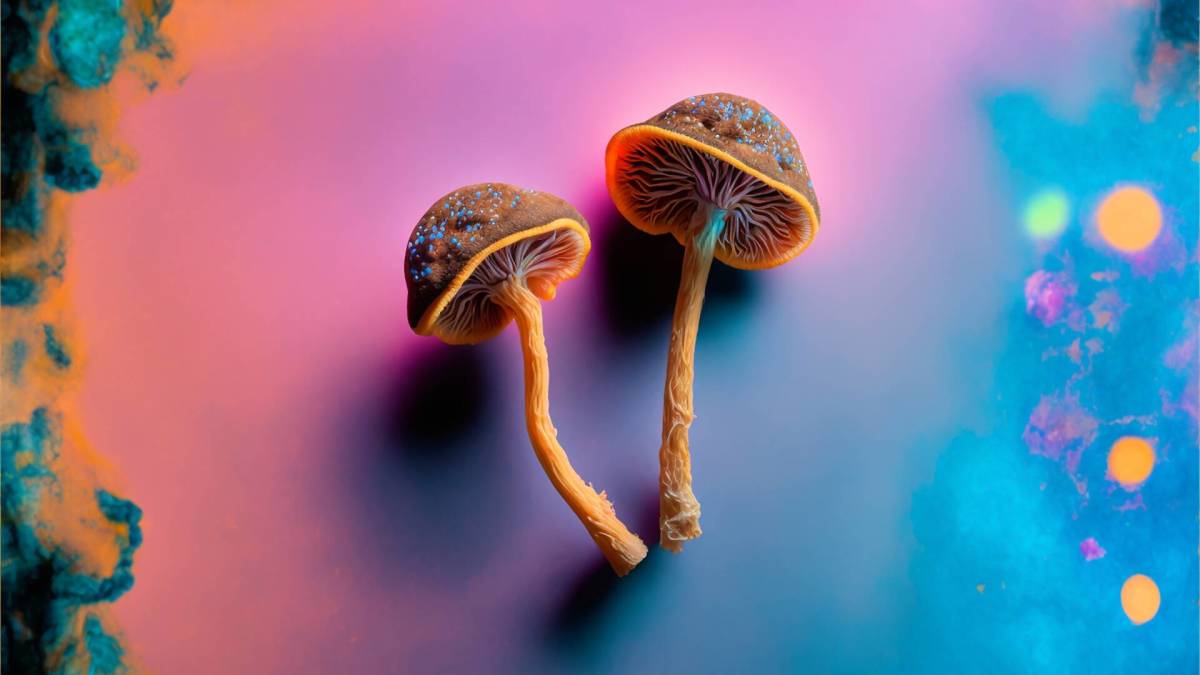Fountain Of Youth Found In Unexpected Source

My family and I were recently looking at some old photos from when my husband and I cycled from Venice, Italy, to Avignon, France. That was 13 years ago. Is that enough to say old photos?
It depends. That was before marriage and kids; at times, we participated in triathlon races. Of course, we looked better.
????????Don't miss the move: Subscribe to TheStreet's free daily newsletter????????
I shouldn’t have been that surprised when our mothers, watching the photos, said, “Oh my God, you were so young.” I guess we were, in fact, a full 13 years younger.
However, I was shocked by those words. I still feel like that 17-year-old girl who can do anything, and I am surprised (honestly, offended) when they call me Mrs. when I am alone and not beside my husband and kids.
It is how it is. Can anything be done to make me look younger on the outside instead of just feeling younger and being young in spirit?
Scientists, chemists, and cosmetic experts are trying hard. The global anti-aging products market size was valued at $55.8 billion in 2023 and is expected to reach $108.5 billion by 2033, growing at a CAGR of 6.9%.
The demand is there, and the number of products is growing daily. New studies constantly remind us that there is still so much we don't know about the human body.
Now, a new study brings another breakthrough discovery suggesting a significant anti-aging potential of one ingredient found in nature.
Magic mushrooms hold potential for anti-aging treatments, new research suggests.Room27/Shutterstock.com
Magic mushrooms may contribute to healthier aging
New research suggests that psilocybin delays aging by extending the cellular lifespan of human skin and lung cells by more than 50%. Psilocybin is a naturally occurring psychedelic compound produced by hallucinogenic or magic mushrooms.
The researchers first used a cellular aging model of human lung cells to examine how psilocin (the active ingredient in psychedelic mushrooms) impacts them.
Related: How psychedelic mushrooms are helping people unlock their potential
“The significance is that psilocin-treated cells do age, however they age at a slower rate, while maintaining the properties of ‘young’ cells longer,” Hecker, who was an associate professor at Emory University at the time of the study, said, reports Medical News Today.
The study conducted by Emory University researchers also suggests that psilocybin treatment “promotes increased longevity in aged mice.”
The first long-term in vivo study examined effects of psilocybin in 19 months old mice (equivalent to 60-65 human years) revealing a 30% increase in survival rates with the treatment.
Mice were given a low dose of 5mg of psilocybin at first, and then a monthly high dose of 15mg for 10 months. In addition to better survival rates, these mice also had improved fur quality with fewer white hairs and hair regrowth.
More Health Care:
- 24 million Americans hit by harsh health insurance reality
- Travel advisory singles out health hazard at US airport
- Dave Ramsey sends strong message to Americans about Medicare
“Most cells in the body express serotonin receptors, and this study opens a new frontier for how psilocybin could influence systemic aging processes, particularly when administered later in life,” says Louise Hecker, PhD, senior author on the study, and former associate professor at Emory.
Millennial-old psychedelics use is still full of unknowns
The use of psychedelics is very old. Even ancient cultures, such as the Aztecs, used psilocybin mushrooms in religious ceremonies as a way to communicate with their gods. There are even sources that suggest an even earlier use of hallucinogens — the Late Bronze Age.
Despite the thousands of years of use, we are only starting to understand the therapeutic potential of these intriguing substances.
Related: FDA says yes to controversial new seafood delicacy
Most of the modern studies on psychedelics have been focusing on its effect on mental health disorders such as post-traumatic stress disorder (PTSD), treatment-resistant depression, substance use disorder, and more.
The new study suggests that psilocybin impacts aging by reducing oxidative stress, improving DNA repair responses, and preserving telomere length.
Telomeres protect the ends of chromosomes from fraying. Each time a cell divides, the telomeres become slightly shorter. When they become too short, the cell can no longer divide and dies.
That’s why telomere length is considered one of the best biomarkers of aging, and psilocybin is shown to help preserve it.
“This study provides strong preclinical evidence that psilocybin may contribute to healthier aging — not just a longer lifespan, but a better quality of life in later years,” says Ali John Zarrabi, MD, director of psychedelic research at Emory's Department of Psychiatry. “As a palliative care physician-scientist, one of my biggest concerns is prolonging life at the cost of dignity and function. But these mice weren’t just surviving longer — they experienced better aging.”
While further research is necessary, the study's authors conclude that psilocybin may have the potential to revolutionize anti-aging treatments even when administered later in life, writes Emory University.
Related: Veteran fund manager unveils eye-popping S&P 500 forecast
Popular Products
-
 Black Cumin Seed Oil & Ashwagandha
Black Cumin Seed Oil & Ashwagandha$43.99$14.80 -
 Shilajit Capsules for Strength & Vita...
Shilajit Capsules for Strength & Vita...$43.99$29.78 -
 Pre-Workout Supplement for Strength, ...
Pre-Workout Supplement for Strength, ...$43.99$29.78 -
 Centrum Multivitamin for Energy, Immu...
Centrum Multivitamin for Energy, Immu...$43.99$25.67 -
